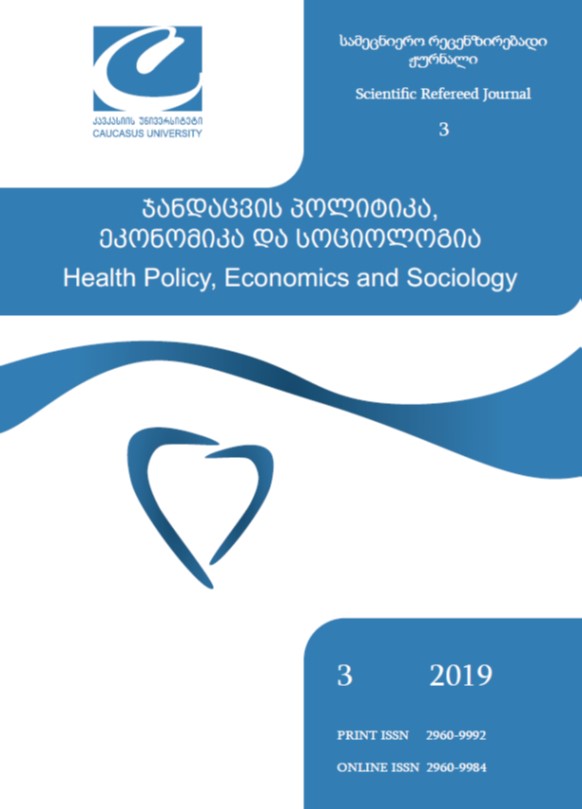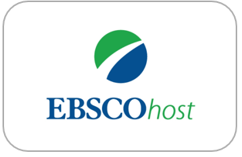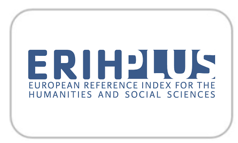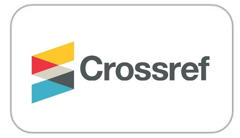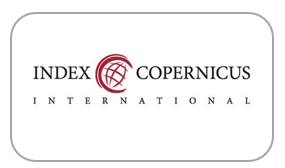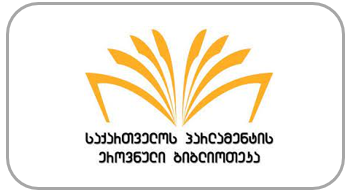Research of hindering factors in inclusive education in Georgian public schools
Keywords:
adopted environment, person with disability, student with educational needs, inclusive educational modelAbstract
Introduction. There are many hindering factors in Georgia, which cause problems in the educational system. One of the most important issue is an inclusive educational model. It is not easy to implement it perfectly in Georgian schools. Involvement of special education needs in general education institutions is not a simple process. Despite the active efforts to improve the situation, the public still lacks information about the inclusive education model. Additionally, a large number of physically unadulterated schools and the absence of appropriate educational materials is a particular problem. Active involvement of each person, especially academic staff and parents in the school process is important for establishing an inclusive education model. Increasing of their role will lead to reach new successes to establish this model in the system. It will help new generation to development their skills and the level of education. The research aim is to identify the problems and barriers that have student of special educational needs in
public schools. At the same time, we are interested in to research the hindering factors that prevent students from taking full-fledged education with their peers. Methodology. Methods of qualitative research used in the study, such as in-depth interviews, analysis of second data, observation and review of literature. We deliberately chose 8 respondents: inclusive education specialist, psychologist of psychological center on the basis of mandatory, school teachers, parents of typical development students and parent of a special educational need student. Results. The most important of the problems around inclusive education is the low level of awareness of inclusive education. According to the specialist, parents and teachers are not fully aware of this issue, they do not possess full information about their rights and obligations, which often do not work properly, so there are to many problems. Teachers and people in general in this field need to increase their qualifications. The second biggest obstacle is the attitude of
students with special needs and teachers. There is also a problem of dependence p between parents and special needs students. Parents often do not want their children to learn in a class with a special needs pupil. Recommendations. Additional financial and human resource allocation for educational resources. It is necessary to create an adaptive physical environment in accordance with universal design. Review the issue of funding of supporting specialists. Long-term and effective trainings should be made to increase the level of information and to learn about inclusive principles. It is also important to improve cooperation and communication between the school and family and introduce the institute of social work in the educational system.
Downloads
Published
How to Cite
Issue
Section
License

This work is licensed under a Creative Commons Attribution-ShareAlike 4.0 International License.
